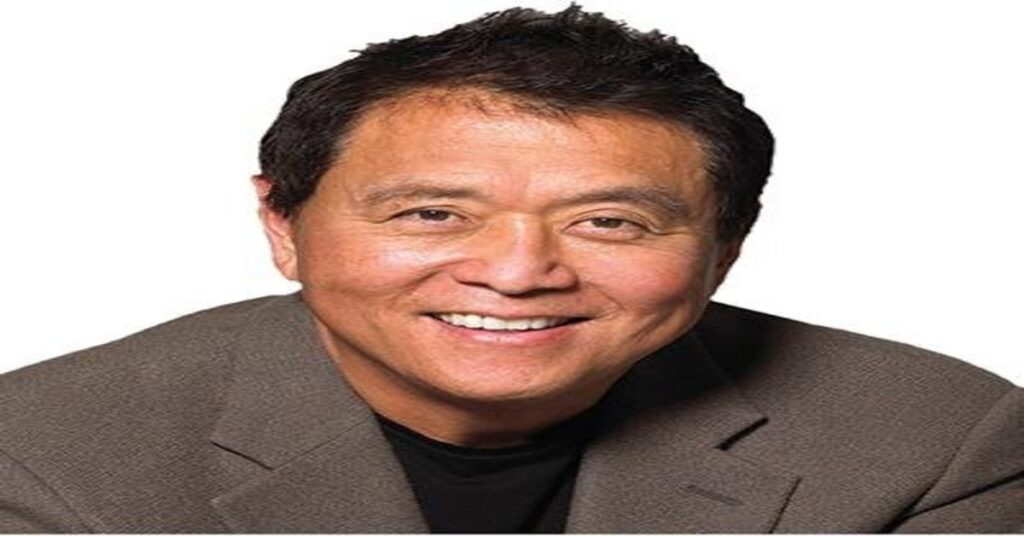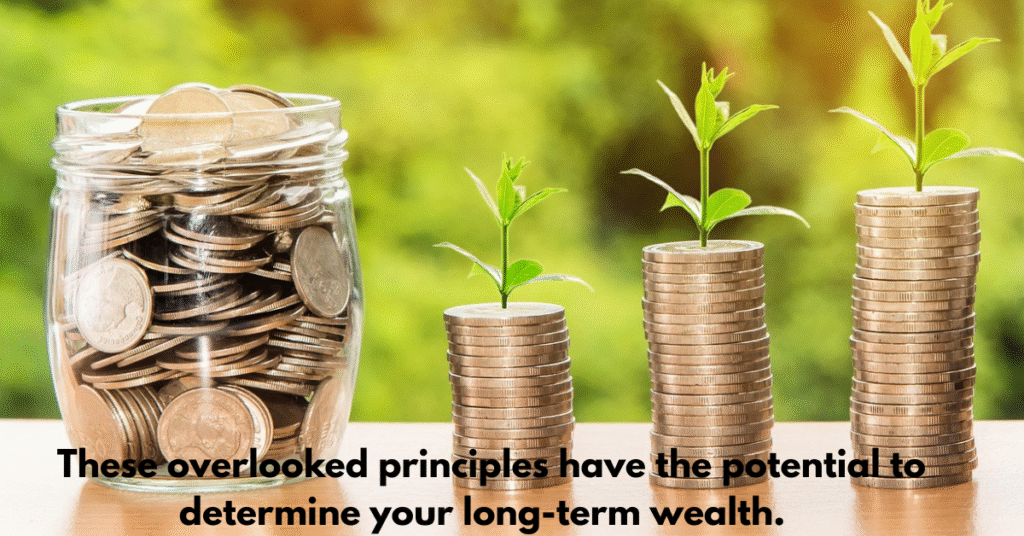
In the ever-evolving financial landscape of 2025, staying informed and adaptable is crucial for wealth building. Whether you’re just starting your financial journey or seeking to refine your strategies, these ten personal finance books offer timeless wisdom and practical guidance to help you achieve your financial goals.
1. The Psychology of Money by Morgan Housel
Morgan Housel explores how personal experiences and emotions influence financial decisions. He emphasizes that managing money effectively is more about behavior than technical knowledge. Key themes include the impact of luck and risk, the importance of long-term thinking, and understanding that wealth accumulation is different from wealth maintenance. Housel illustrates the power of compounding with the example of Warren Buffett, noting that a significant portion of Buffett’s wealth was accumulated after his 65th birthday, highlighting the importance of patience in investing.
2. I Will Teach You to Be Rich (2025 Edition) by Ramit Sethi
Ramit Sethi’s updated edition provides a six-week program focusing on budgeting, saving, and investing. He advocates for conscious spending, automating finances, and investing early to build wealth without sacrificing life’s pleasures. Sethi emphasizes the importance of automating financial systems to ensure consistent saving and investing, allowing individuals to focus on enjoying their lives while building wealth.
3. The Total Money Makeover by Dave Ramsey
Dave Ramsey offers a step-by-step plan to achieve financial fitness. His “baby steps” include building an emergency fund, paying off debt using the snowball method, and investing for retirement. Ramsey emphasizes discipline and a debt-free lifestyle. His approach has helped many individuals take control of their finances and work towards financial independence.
4. Rich Dad Poor Dad by Robert T. Kiyosaki
Robert Kiyosaki contrasts the financial philosophies of his “rich dad” and “poor dad,” highlighting the importance of financial education, investing in assets, and entrepreneurial thinking to achieve financial independence. The book encourages readers to think differently about money and to focus on building assets that generate income.
In a recent tweet, Robert T. Kiyosaki warned of a looming ‘Greater Depression’ and advised investing in gold, silver, and Bitcoin to safeguard wealth. To read full advise click here.
5. Your Money or Your Life by Vicki Robin and Joe Dominguez
This book guides readers to transform their relationship with money by aligning spending with personal values. It introduces concepts like calculating real hourly wage, tracking expenses, and achieving financial independence through mindful living. The authors encourage readers to evaluate their spending habits and make conscious choices that lead to a more fulfilling life.
6. The Richest Man in Babylon by George S. Clason
Through ancient parables, Clason imparts timeless financial wisdom, such as living below your means, saving consistently, and investing wisely. The book’s principles remain relevant for modern financial planning. Key lessons include paying yourself first, controlling expenditures, and seeking wise counsel when making financial decisions.
7. The Index Card by Helaine Olen and Harold Pollack
Olen and Pollack distill personal finance advice into simple rules that can fit on an index card. Their guidance includes saving 10-20% of income, avoiding high-fee investments, and ensuring adequate insurance coverage. The book aims to simplify financial decision-making and empower readers to take control of their finances.
8. Get Good with Money by Tiffany Aliche
Tiffany Aliche, known as “The Budgetnista,” provides a ten-step plan to achieve financial wholeness. She addresses budgeting, saving, debt management, and investing, aiming to empower readers, especially women of color, to attain financial security. Aliche emphasizes the importance of financial literacy and offers practical tools to help readers build a solid financial foundation.
9. The Millionaire Next Door by Thomas J. Stanley and William D. Danko
Based on extensive research, this book identifies common traits among millionaires, such as frugality, disciplined saving, and investing. It challenges stereotypes, showing that many wealthy individuals live modestly and prioritize financial independence over status. The authors highlight the importance of consistent financial habits in building wealth over time.
10. The Little Book of Common Sense Investing by John C. Bogle
John Bogle advocates for low-cost index fund investing as a reliable strategy to build wealth. He argues that attempting to outperform the market often results in lower returns due to fees and risks, making passive investing a prudent choice. Bogle’s approach emphasizes simplicity and long-term thinking in investment strategies.
Final Thoughts
These ten personal finance books offer a wealth of knowledge to help you navigate your financial journey in 2025. By understanding the psychological aspects of money, implementing practical strategies, and learning from the experiences of others, you can take control of your finances and work towards achieving financial independence. Whether you’re looking to get out of debt, build wealth, or simply gain a better understanding of personal finance, these books provide valuable insights to guide you along the way.







